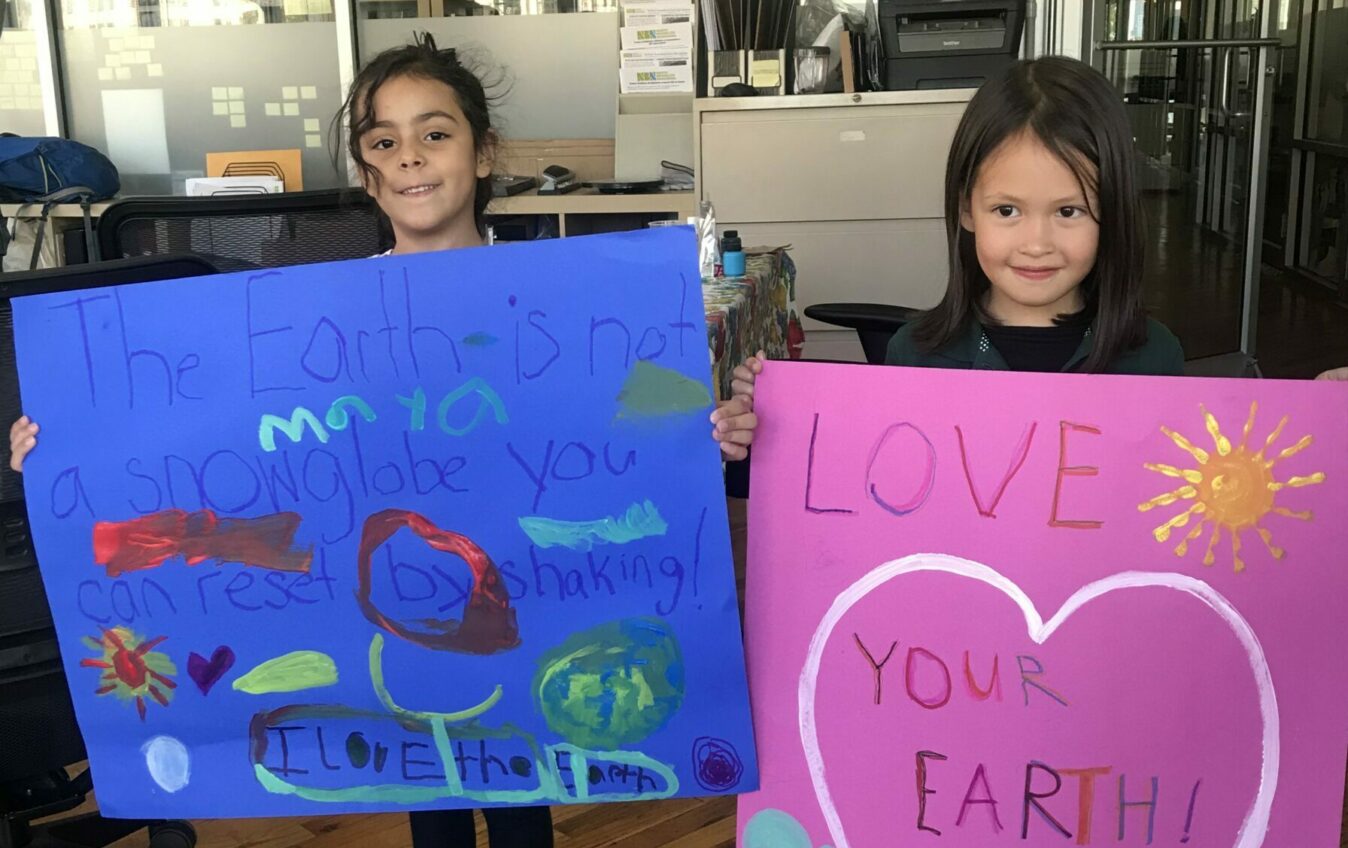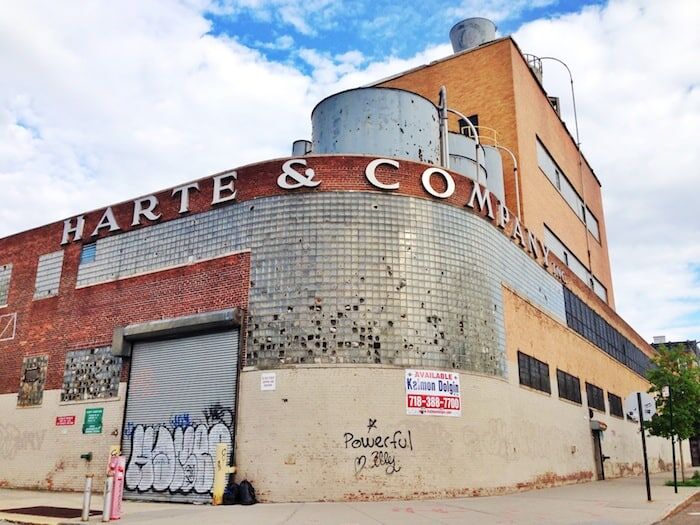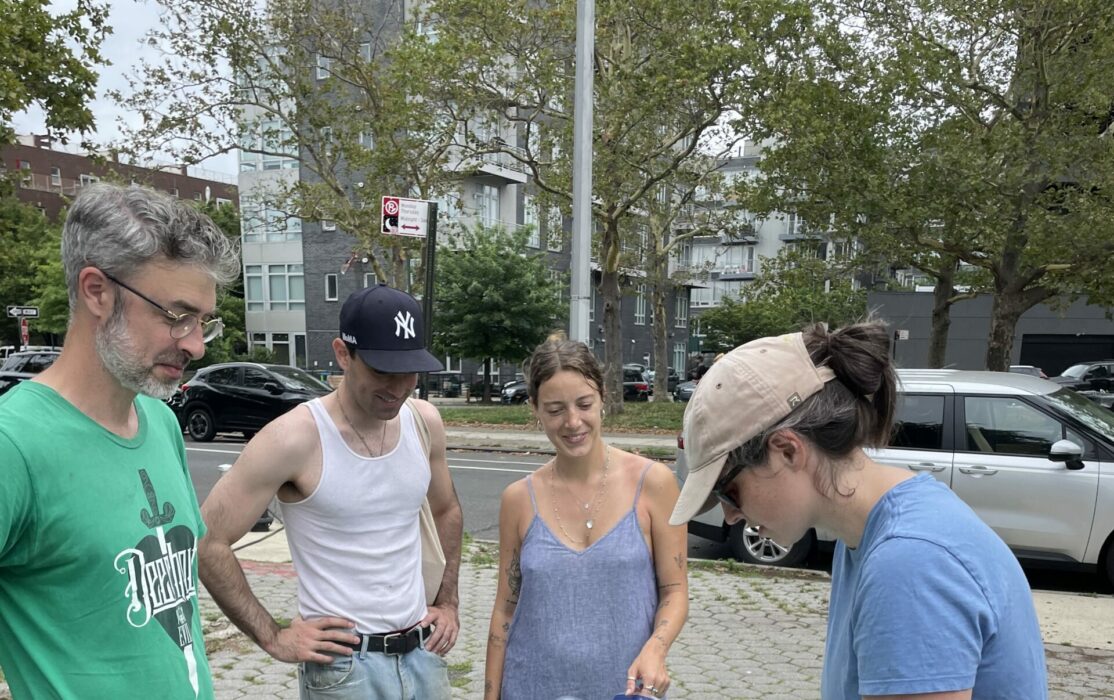Global to Local: Environmental Justice Today

Environmental justice is finally becoming a more widely recognized area of concern locally, statewide, nationally and international. Here’s a look at some of things to be aware of:
International
The Paris Agreement made headlines in 2015 as the first truly global commitment to fight the climate crisis, when 195 countries and the EU committed to hastening the transition to a zero-carbon, resilient and sustainable future. Those countries also made a commitment to reconvene every five years to evaluate their individual ambition, or nationally determined contributions (NDCs), to keeping global warming to well below 2°C (3.6°F).
Though the U.S. formally became the first country to withdraw from the Paris Agreement in 2020, President-elect Joe Biden has already committed to signing back on within his first days of office. Moreover, the 26th Conference of the Parties (COP26), where the world’s leaders were set to set their new NDCs, was postponed until November 2021 due to COVID-19.
While the Paris Agreement did not fall apart in the same way the Kyoto Agreements did when the U.S. refused to sign, international climate activists and even President-elect Biden agree that “Paris alone is not enough.” 2020 was a record-breaking year in terms of climate change-induced disasters, multiplying the number of climate refugees and damaging everything from California’s wine economy to the entirety of Bangladesh.
It remains to be seen how committed countries are to advancing climate justice, and if the world’s largest emitters will walk their talk of reducing carbon emissions. Japan, despite pledging to reach net-zero emissions by 2050, has just approved a plan to finance a coal-fired power plant in central Vietnam with more than $600 million. On the flip side, at the end of 2020, the International Energy Agency concluded that the best solar power schemes now offer “the cheapest source of electricity in history.” The world is waiting.
National
President-elect Biden campaigned on advancing environmental and climate justice across the U.S., taking a sharp turn away from the federal government’s actions of the past four years. While Biden may face an uphill regulatory battle and a likely divided government, he has curated a circle of folks to lead his domestic EJ decisions:
- Congresswoman Deb Haaland, member of the Laguna Pueblo tribe, has been tapped to become the first Native American Cabinet Secretary as the Head of the Interior. Not only has Rep. Haaland expressed a deep personal commitment to upholding the government’s legally binding obligations to Indigenous peoples, but she would move a green economic recovery forward, with climate change priorities in mind. As she told Grist: “Environmental injustice and economic injustice have taken a hold of so many communities, and they’ve had enough. They want us to pay attention and help them to succeed … As far as Indian Country is concerned, I want to make sure tribal leaders — and all marginalized communities — have a seat at the table.”
- Michael Regan, currently North Carolina’s Secretary for the Department of Environmental Quality, would be the first African-American EPA Administrator.. Coastal areas in the U.S. have higher percentages of Black, Latino and Asian populations and are also at higher risk of the consequences of human-induced climate changes, such as rising sea levels and extreme weather events. Thus, the choice seems encouraging, considering Regan’s direct experience on the frontlines doing similar work.
- Ali Zaidi will help lead a newly formed domestic climate office to help coordinate an all-of-government response to this existential crisis. A longtime advisor to President-elect Biden on climate matter, Zaidi helped negotiate the Paris Agreement and now returns to the federal government after serving as New York’s Deputy Secretary for Energy and Environment.
- Environmental lawyer Brenda Mallory was tapped to lead the White House Council on Environmental Quality (CEQ), and will be the first Black person and woman to do so. The CEQ office oversees environmental reviews for virtually all major infrastructure projects, including pipelines and highways, which we know in North Brooklyn as a major environmental issue. Mallory currently serves as the director of regulatory policy for the Southern Environmental Law Center (SELC), with 35 years of experience working with frontline communities.
See more about the policy changes that are on deck in the Biden Administration.
New York State
In December 2020, Governor Cuomo signed legislation into law a ban on PFAS in food packaging. The new law prohibits the use of perfluoroalkyl and polyfluoroalkyl (PFAS) substances in food packaging and is set to take effect on December 31, 2022.
PFAS are a group of persistent, man-made chemicals used widely in food containers, garments, furniture, cookware, and carpeting. Because they don’t break down easily and accumulate over time, scientists have dubbed them “forever chemicals.” Exposure can cause thyroid disease, low infant birth weights, decreased sperm quality, immunotoxicity, pregnancy-induced hypertension, and cancer. A report by the Environmental Working Group estimates that nearly two million New Yorkers consume tap water contaminated with PFAS.
Also in December 2020, Gov. Cuomo signed legislation banning the most harmful uses of trichloroethylene, or TCE. TCE is a toxic chemical used in industrial and commercial processes that’s been proven harmful for both humans and the environment.
A known carcinogen, TCE has been linked to various cancers, developmental disorders and other conditions while protecting our water and air from contaminationThe legislation bans TCE’s use as a vapor degreaser, an intermediate chemical in the production of other chemicals, a refrigerant, an extraction solvent or in any other manufacturing or industrial cleaning process or use.
New York City
To support and uplift these communities hardest hit by the pandemic, the Climate Works for All (CW4A) Coalition, made up of labor, community, environmental justice, and faith-based organizations, fights to ensure a just transition and fair economy for workers and low-income communities.
CW4A has released a policy platform to help get our communities back to work and re-stimulating our city that centers bold steps on climate change. The platform outlines ways to provide good jobs through investments in retrofitting and energy efficiency in buildings, clean public transportation, public waste management, local manufacturing, and more.
Clean School Buses
NBN is part of the clean school bus coalition and along with other community organizations. The coalition seeks to significantly reduce particulate matter emissions and promote a safer environment for children to live, play, and learn by moving to zero emission school buses. They’re fighting to require replacing existing diesel buses after 10 years of use and a fully zero emission fleet by 2040.


